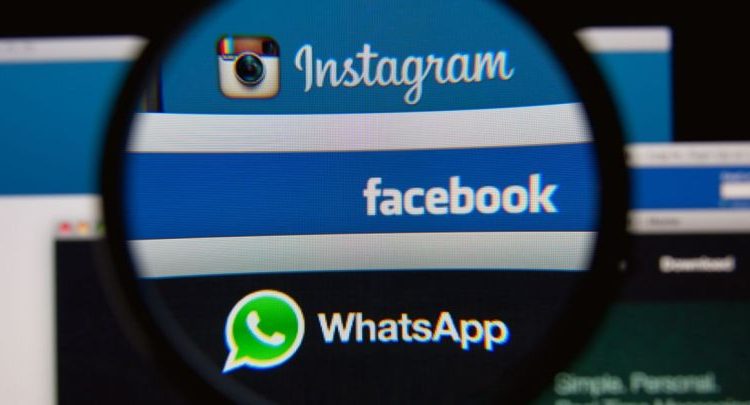Facebook tie together WhatsApp, Instagram & FB Messenger
Facebook plans to take all of its chat apps – Messenger, WhatsApp and Instagram – and smoosh them into one interconnected chat blob, in spite of having promised to retain the independence of WhatsApp and Instagram when it bought them.
The Tech News reported on Friday that the plans come directly from CEO Mark Zuckerberg. It cited four anonymous sources involved in the effort, which will reportedly entail keeping the three as standalone apps but stitching their technical infrastructure together so that users of each app can talk to each other more easily.
The plan also includes slathering the end-to-end encryption of WhatsApp – which keeps anyone, including Facebook itself, from reading the content of messages – onto Messenger and Instagram. At this point, Facebook Messenger supports end-to-end encryption in “secure connections” mode: a mode that’s off by default and has to be enabled for every chat. Instagram has no end-to-end encryption on its chats at all.
The move will tie together the world’s biggest message networks: the resulting chat blob will encompass more than 2.6 billion users.
The NYT’s sources said that the plan is in the early stages at this point and that Facebook’s goal is to wrap up the integration by early 2020. Tying together the apps will be involved: the reconfiguration will require thousands of Facebook employees to rework how the three apps function “at their most basic levels,” said the sources.
Zuckerberg’s goal is to keep people’s attention focused on Facebook. The more time they spend on the platform, the better for its advertising revenue, the sources said. As it is, WhatsApp sees heavy use in South America, while Facebook’s Marketplace – similar to the free Craigslist marketplace – is popular in Southeast Asia and other markets outside the US.
Zuckerberg reportedly hasn’t yet ironed out the details of how integrating the chat apps will be monetized, but last month, he told employees of WhatsApp and Instagram that the mandate will be a priority in 2019. The NYT’s sources said that multiple WhatsApp employees have already left, or plan to, in response to the mandate.
How will users’ privacy be affected?
WhatsApp users were understandably concerned when Facebook acquired the privacy-minded app in 2014. At the time, co-founder and then-CEO Jan Koum promised that respect for privacy was coded into WhatsApp’s DNA and that the Facebook deal would never have happened if it meant changing the company’s existing policy of collecting as little personal information about users as possible.
Much changed in the years since he said that. In August 2016, WhatsApp announced that it was going to start sharing users’ phone numbers and other personal information with Facebook, in spite of years of promises that it would never, ever do such a thing. In March 2018, Facebook signed a public commitment not to do so… yet… At least, not until it figured out how to do so without breaking the General Data Protection Regulation (GDPR).
The past few years have also seen Facebook’s growth and reputation get dinged by scandals over allowing election meddling and fake news on its platform, as well as playing fast and loose with users’ data.
Over the past year, #DeleteFacebook became an oft-heard cry from people whose trust in the platform hit rock-bottom, and that included some big names.


